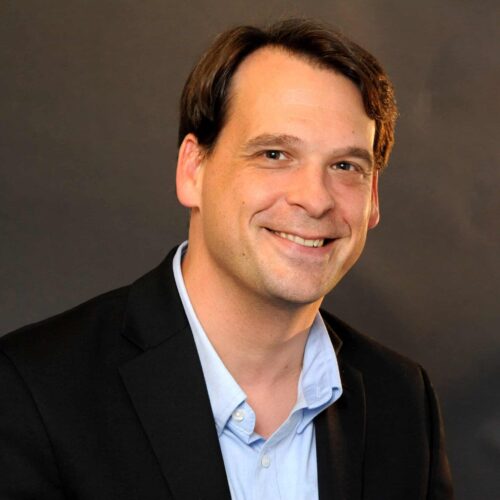Introduction
For our Q&A this week, we’ve got something special: we’re talking to our brand-new Editor-in-Chief Matt DeRienzo, who has been leading and transforming newsrooms for 25 years. Matt has been in journalism since he turned 18 and started reporting for his hometown Maine newspaper. He was previously VP of news at Hearst Connecticut, and executive director of LION, a nonprofit that supports local independent online news organizations. He’s helped raise millions to support journalism, won awards and is a single dad raising kids aged 13 and 10.
What brings you to the Center for Public Integrity, and how do you see your mission there?
There hasn’t been a moment in my lifetime in which there was a bigger need for fearless investigative reporting in this country. We’ve got a pandemic, a pivotal election approaching and unemployment like we haven’t seen since the Great Depression. All this against a backdrop of systemic racism, widening inequality, and the deepest political divide in generations.
The mission is to support and grow the Center for Public Integrity’s tradition of strong journalism, reach new audiences, and partner with local journalists and citizens who know first-hand that democracy and the public trust do not work for everyone in this country.
Even before COVID-19, the media industry has been battered by digital transformation. How do you think the journalism industry can forge ahead in these challenging times?
The critical information needs and inequality within communities cry out for powerful journalism. Some, frankly, were never seen, or well served, by “mainstream” media outlets, and have only had a voice in the Black press, for example, or through their own organizing. The closer we are to these communities, the stronger our journalism, and support for it, will be.
Readers have stepped up with an unprecedented wave of donations and subscriptions since the COVID-19 outbreak. And there are billions of philanthropic dollars being spent on areas such as public health, environmental protection and inequality. The country won’t see meaningful impact in those areas without being informed by strong journalism, which could grow significantly by obtaining even a tiny percentage of that spending.
You’ve led teams of reporters to cover everything from sex abuse scandals to the mass shooting at Sandy Hook. What’s the takeaway on how to guide groups to produce compelling coverage?
I think it starts with asking big questions and almost never having “no” be the first word out of your mouth.
Few ideas are too big or too crazy to pull off. You just need the right set of collaborators, and to decide whether it’s a priority for your time and resources. Too much is at stake and time is too short right now to be investing in stories that fall into what I’d call the “mediocre middle,” or which are being done by everyone else. Be more ambitious than ever in the stories we pursue, but realistic and methodical about breaking down the steps and lining up the resources to accomplish them.

Join the conversation
Show Comments